Our Environmental
Commitments
Commitments
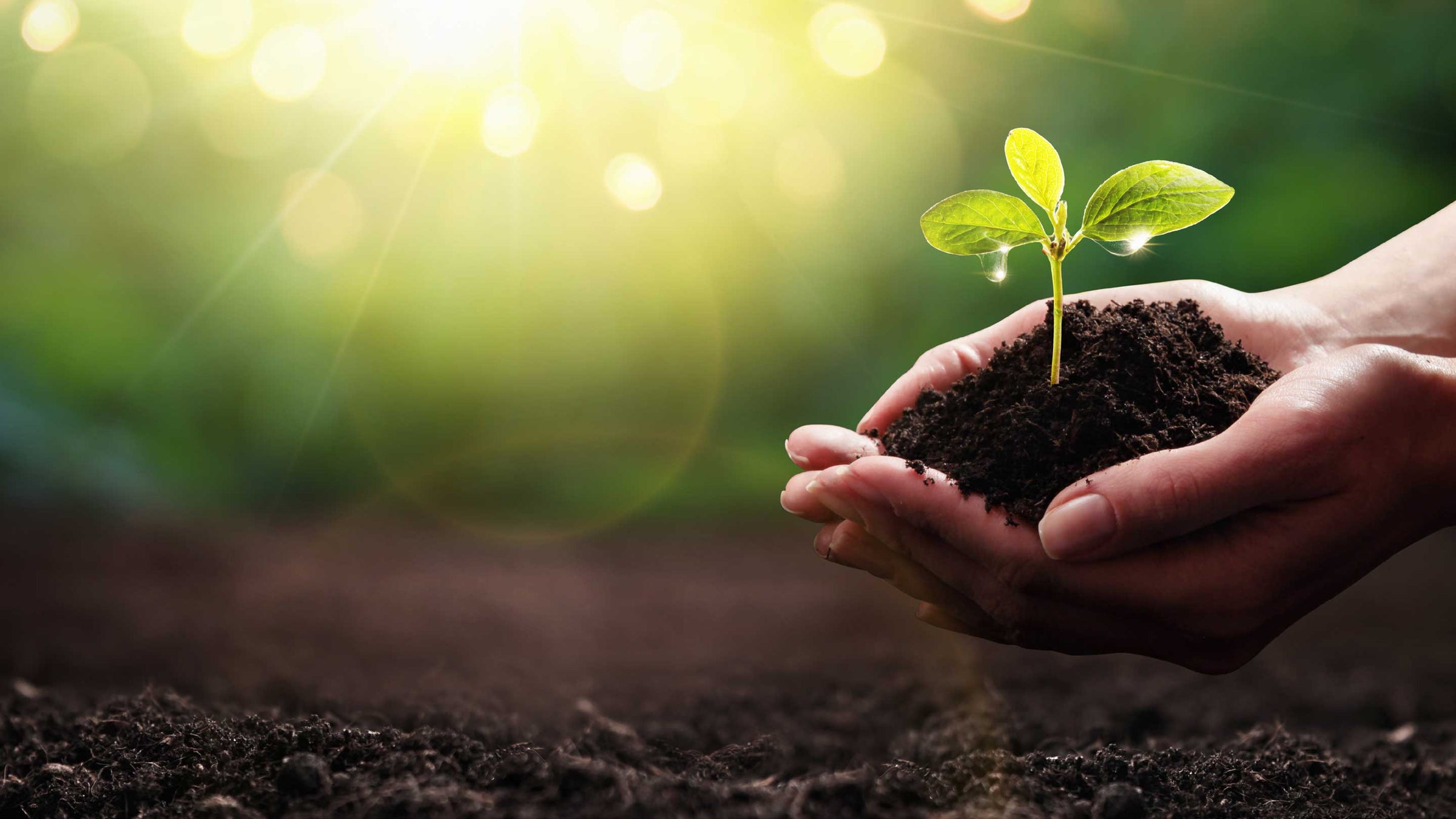
Beautiful packaging, responsibly sourced for your products
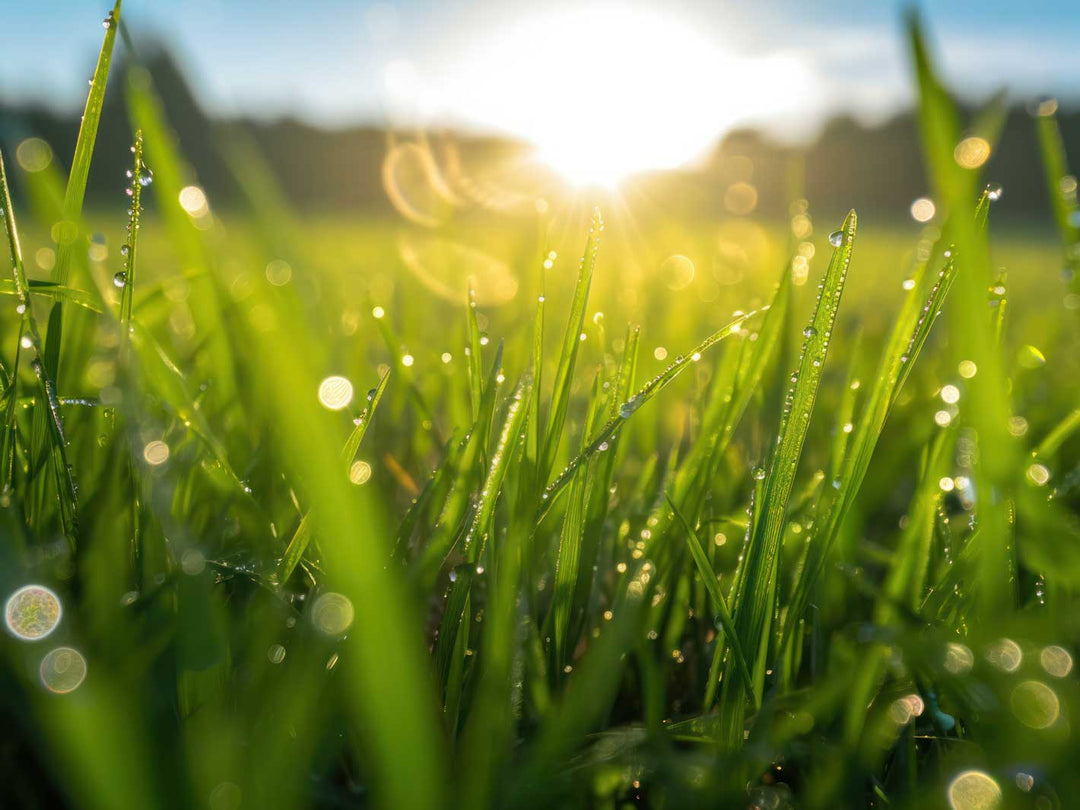
We’re on a path to being a net zero business by 2030 and having a net zero supply chain by 2045 as part of the UN led SME Climate Commitment.
We only sell fully recyclable or compostable packaging. A simple idea, that reduces waste and helps the planet.
We source our materials using recognised standards such as FSC and SEDEX to ensure we protect the planet and people.
We support environmental projects through our partnership with Treefo that increases biodiversity and helps climate regulation.
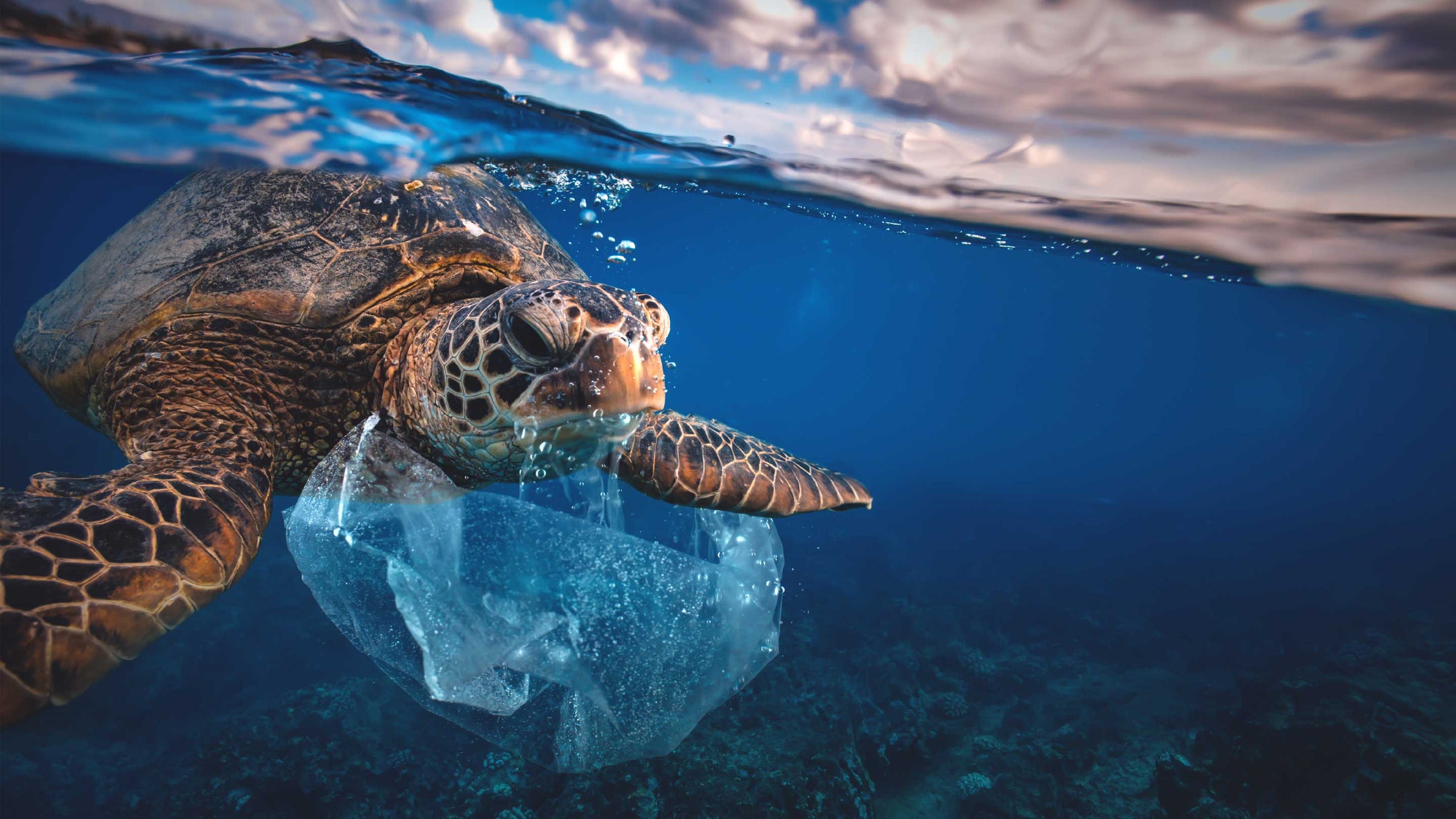
No single use plastics are used in our products. We focus only on long-term sustainable packaging solutions.
We believe in being open and honest about our packaging so you can make informed decisions.
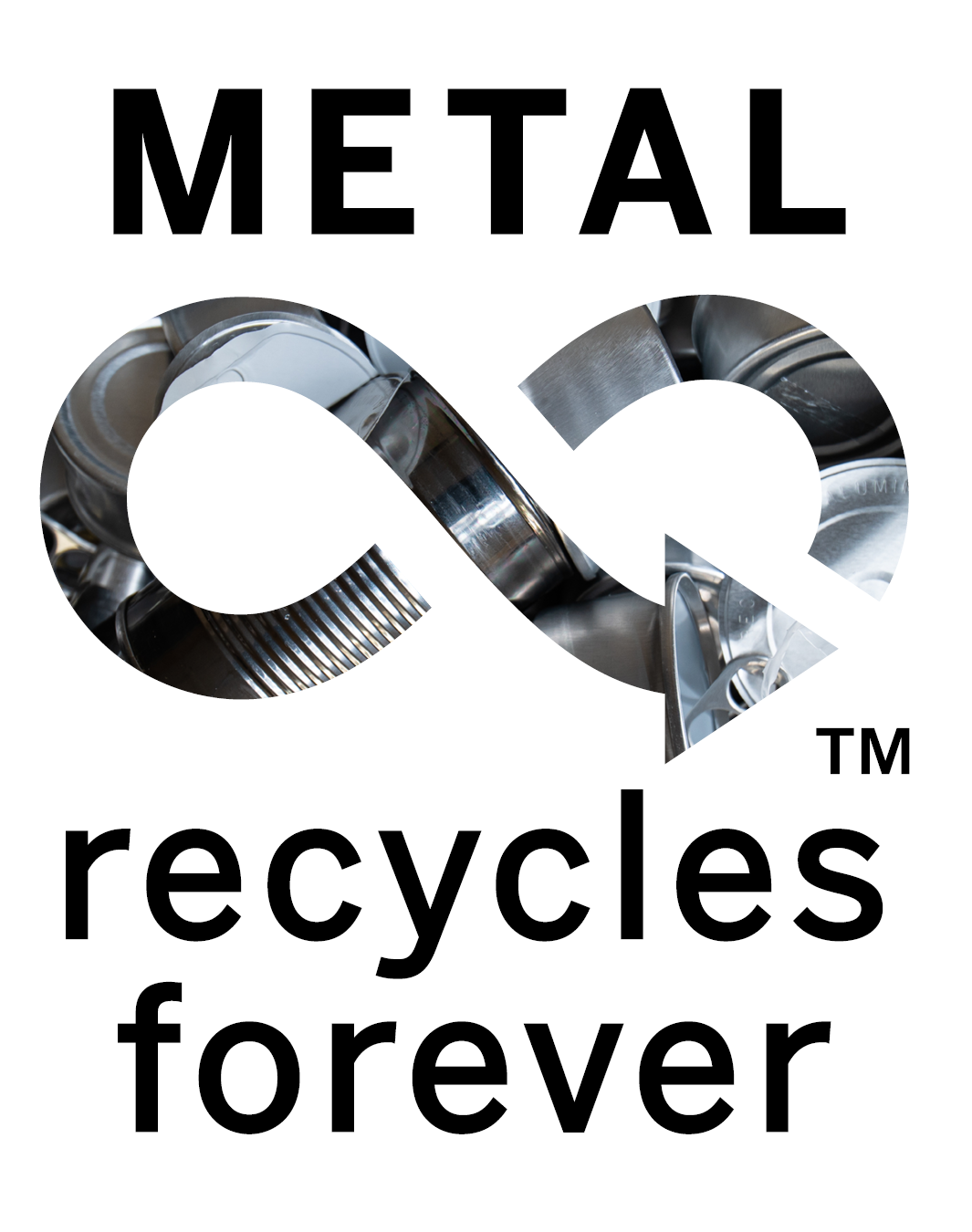
Our metal packaging contains a significant amount of recycled material. This is typical of most steel as it is cheaper to use recycled material than to use virgin metal, unlike plastic which is more expensive to recycle and less readily available.
The simple answer is, there just isn't enough scrap metal available to use 100% recycled material.
Whilst metal packaging has the highest recycling rates of any packaging material in Europe at about 79%1, more material is required to replace what is wasted before a true circular economic model can be established. This is why it is so important to take action to encourage your customers to reuse, recycle or refill your products to help increase recycling rates.
Metal is seen as a key packaging material of the future, because unlike plastic, it never degrades and can be constantly recycled again and again, in fact 80% of all metal ever produced is still available for use today2.
Our cardboard packaging is classified as FSC mixed sources, with 70% coming from recycled materials and 30% from FSC managed woods or reclaimed wood.
Using material from FSC managed woods means that there is zero deforestation. This ensures that our products protect animal habitats, maintain biodiversity and protect old growth trees. It also ensures the rights of indigenous peoples, alongside fair wages and safety for workers.
Carbon that is locked up in trees from the atmosphere is then stored in the packaging, removing the carbon from the carbon cycle. In managed woods, more trees are planted to replace the ones cut down and therefore more CO2 is removed from the atmosphere as a result.
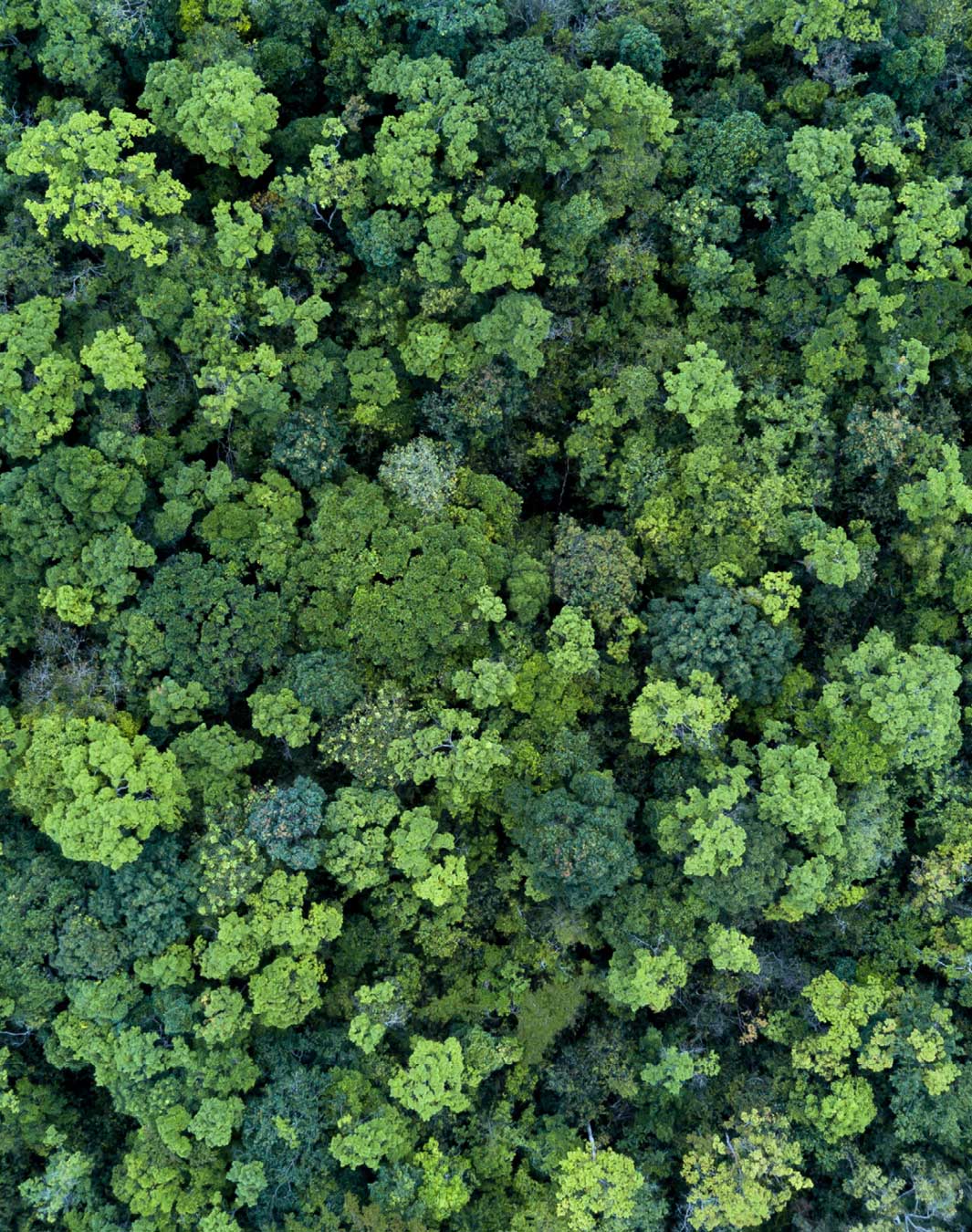
As part of the SME Climate Hube, we are working hard to reduce our emissions with scope 1 and 2 emissions expected to be net zero by or before 2030.
Scope 3 emissions are those associated with our suppliers and supply chain and we anticipate these to be net zero by 2045.
An average tin or cardboard tube weighing 50 g generates 0.08 kg CO2e. This is broken down as follows:
We currently offset all transportation emissions through Treefo. The transport emissions above do not include deliveries to customers, so we work with carbon neutral delivery services to ensure these emissions aren't increased further. They also do not include the amount of emissions offset through FSC sourcing as this is not possible for us to quantify at this time.
Producers are working to become carbon neutral with investments being made into green steel operations, some of which are already operational whilst others are due to become operational in the next few years.
There is no such thing as carbon neutral packaging in the world at this time and emissions must be offset to achieve this status. Roughly, for every 3600 tins or cardboard tubes you buy from us, you would need to plant one tree to offset the emissions generated from production3. There are numerous schemes available that can help you do this.
Encouraging your customers to recycle will also help. Metal and cardboard are the easiest products to recycle which is why recycling rates are so high. Recycling these products saves around 70% of emissions1 required to make more.
Don't forget, the packaging we sell is durable which makes it ideal to reuse or refill, to help reduce overall waste and emissions.
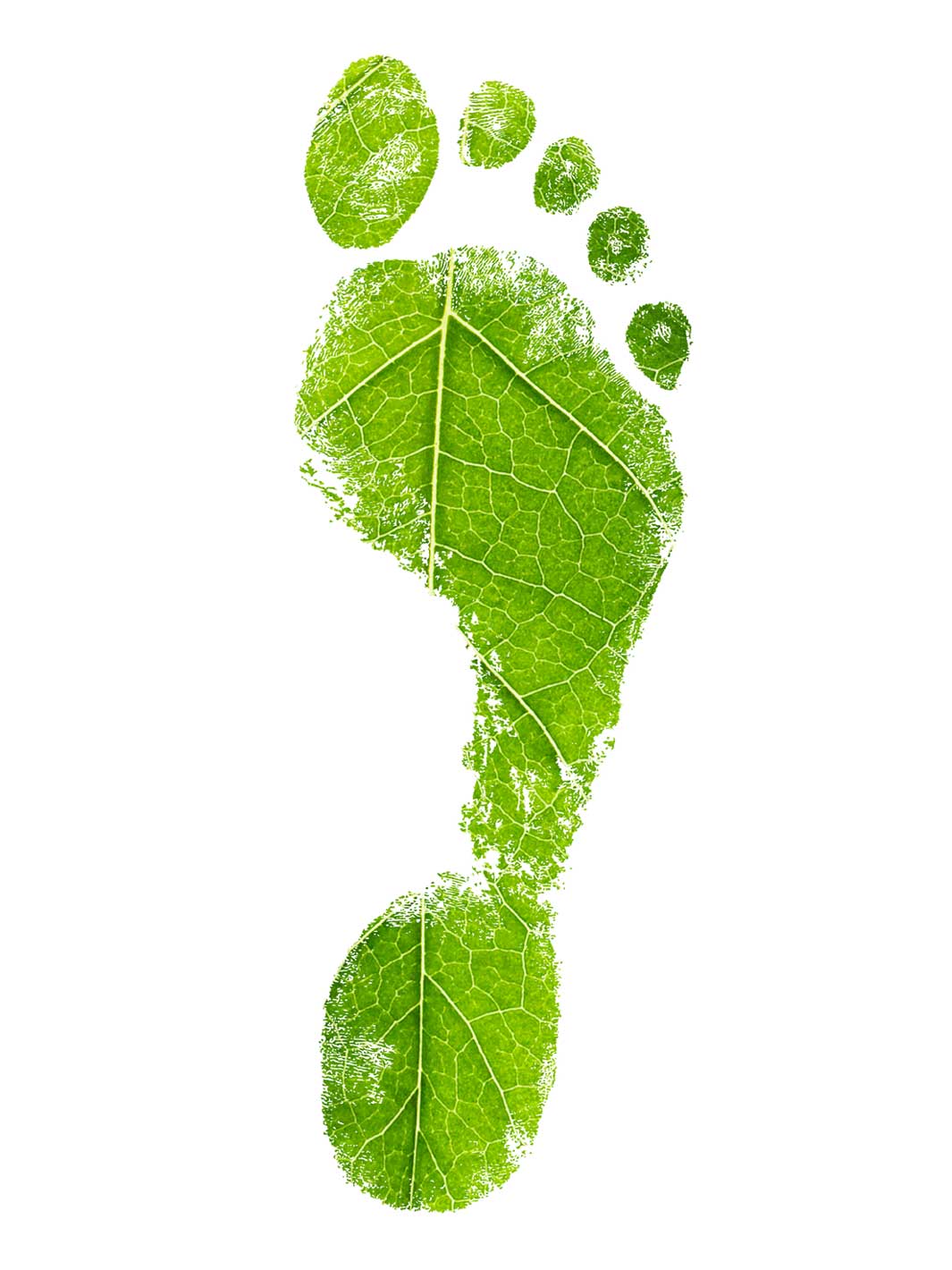
Starting your cardboard packaging project has never been easier. Simply tell us about your project and we'll do the rest.
Get in touch today to see how we can help.
Source
Carbon emission figures calculated using the GHG protocol accounting and 2030.
Targets are aligned with the UNFCCC Race to Net-Zero and use the Science Based Targets initiative (SBTi)
1 Source MPMA
2 Source APEAL
3 Estimated carbon yields provided by the Woodland Trust which calculates 4 trees = 1 Woodland Carbon Unit.